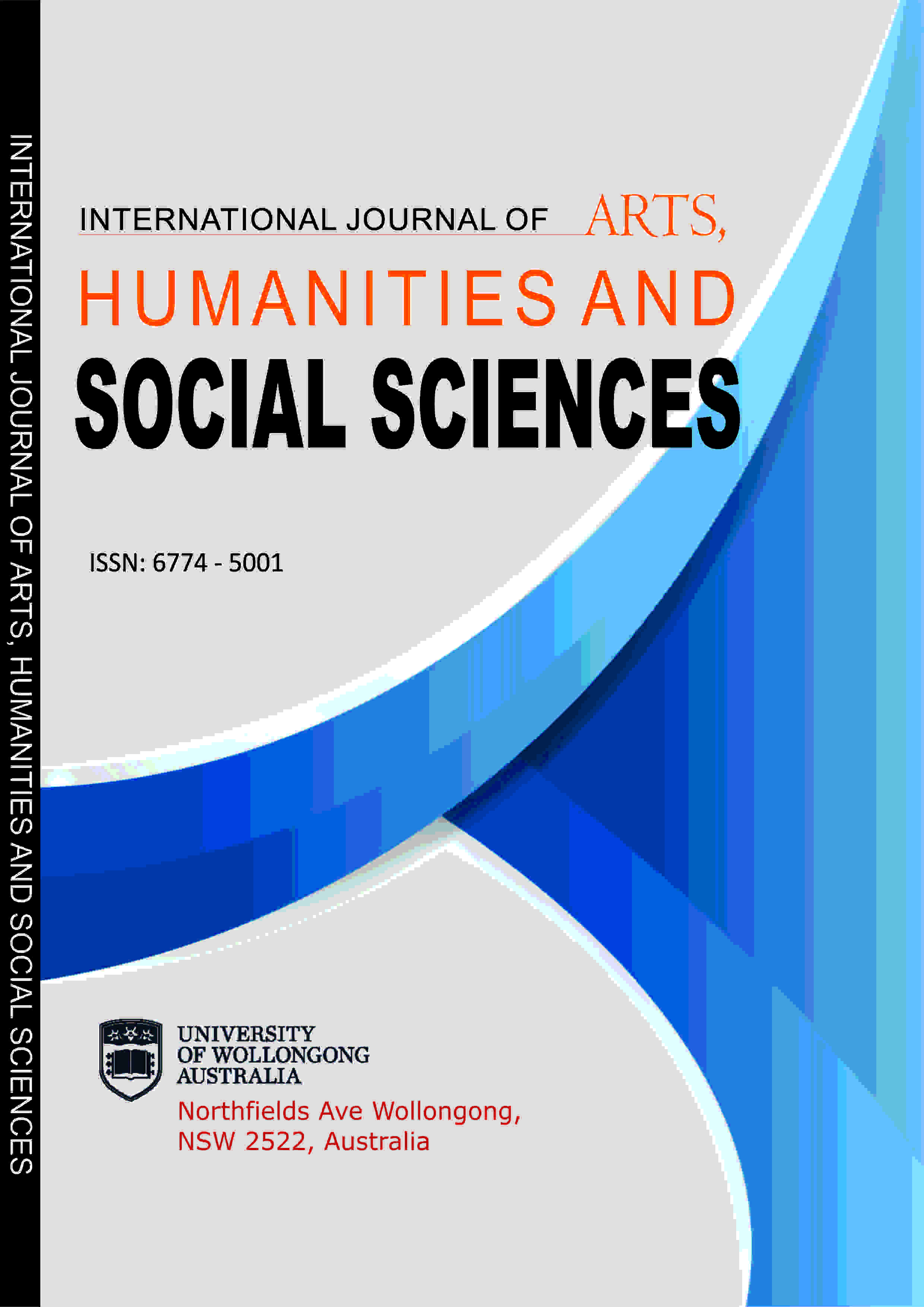INTERNATIONAL JOURNAL OF ARTS, HUMANITIES AND SOCIAL SCIENCES (IJAHSS)
THE ROLE OF THE POLITICAL CLASS IN EDUCATIONAL LEADERSHIP AND INSTITUTIONAL POLICY IN NIGERIA
E-ISSN: 2579-048X
P-ISSN: 6774-5001
DOI: https://iigdpublishers.com/journals/203
Political involvement in education is a complex and multifaceted issue, with implications for educational autonomy, equity, and student outcomes. This paper examines the role of the political class in shaping educational policy and the challenges that arise from this involvement. It was further highlighted that the political class shapes educational leadership through policy formulation, appointment decisions, and external pressures, embedding their values into the very fabric of educational institutions. The historical context reveals pivotal moments where politics and education converged, showcasing the enduring nature of this relationship. The paper concludes that political leaders play a significant role in shaping educational policies and practices and that their decisions can have far-reaching consequences for educational institutions and the students they serve. However, it is important to consider the challenges associated with political involvement and to take steps to mitigate these challenges. To address the challenges, the paper suggested among others that several different stakeholders, including Educational leaders, Policymakers, educators, other educational professionals, Parents and community members need to advocate for increased local control of education, allowing communities to make decisions based on the needs of their students.
Emenike O. Amadi PhD, Unwanaobong Michael Etamesor & Markba Ibiye Clinton
Akinbi, O. (2005). General Ibrahim Babangida and the military intervention in politics in Nigeria: 1985- 1993. Africa Development, 31(2), 45-63.
Bass, B. M., & Riggio, R. E. (2017). Transformational leadership (4th ed.). Psychology Press.
Booth, T.; & Ainscow, M. (2002). Index for inclusion: Developing learning and participation in schools. David Fulton.
Brock-Utne, B. (2015). Unequal education for African children: The consequences of the universal basic education policy. Compare: A Journal of Comparative and International Education, 45(3), 303- 321.
Brunner, J. R., & Grogan, K. E. (2011). Who chooses our principals? The politics of principal appointment in U.S. schools. Peahody Journal of Education 86(3), 487-508.
Callaghan, J., & Fenno, R. F. (2010). The policy communities approach: Differentiating relationships between policy actors. Policy Studies Journal, 38(4), 471-492. http://doi:10.1111/°.1541-0072.2010.00390.x
